Improved extensive shrimp-rice farming, growing soursop and lemongrass on saline-intruded and water-deficient land... are smart livelihood models adapting to climate change that the Norwegian Alliance has been supporting farmers in Tien Giang province.
Tan Phu Dong is a coastal island district of Tien Giang province with harsh natural conditions. Due to climate change, the district has suffered from saltwater intrusion and drought, negatively affecting aquaculture activities, especially freshwater shrimp farming and rice cultivation. Increasing salinity has made it impossible for farmers to grow two rice crops per year in this area.
[caption id="attachment_380117" align="aligncenter" width="665"]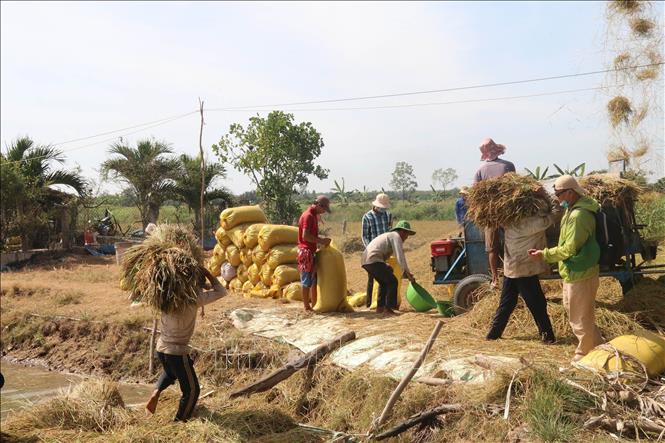 Harvesting rice in the rice-shrimp model in Phu Tan commune, Tan Phu Dong district, Tien Giang province. Photo: VNA[/caption]
Harvesting rice in the rice-shrimp model in Phu Tan commune, Tan Phu Dong district, Tien Giang province. Photo: VNA[/caption]To better cope with climate change, the improved extensive rice-shrimp model (1 shrimp crop - 1 rice crop) has been developed. This is a rice-shrimp farming system in the same area with rotation of rice cultivation in the rainy season and shrimp farming in the dry season. In this model, the shrimp crop is usually from January to August and the rice crop from September to December. At the end of December, farmers harvest rice, combined with field improvement to prepare for the shrimp crop. When applying this model, economic efficiency increases. This model is also adjusted to the fluctuations between saltwater and freshwater in this area, due to rising sea levels.
According to the representative of the Norwegian Alliance, the improved extensive rice-shrimp farming model is considered the most sustainable of all rice-shrimp farming models in the Mekong Delta. This model requires low investment, suitable for the current financial conditions and farming techniques of rural households. The Norwegian Alliance supports farmers, especially poor households, to invest in buying rice varieties that are resistant to salinity and shrimp seeds. In addition, the organization also supports desalination and soil improvement.
In addition to shrimp, Tan Phu Dong also built a specialized lemongrass growing area of over 3,700 hectares on saline rice land that was previously cultivated once a year. This is the largest lemongrass growing area in the Tien River region, with an annual output of nearly 60,000 tons of products. Lemongrass can adapt to saline-intruded land, often facing drought and lack of water for cultivation like Tan Phu Dong island district. In the dry season, if there is a lack of water, lemongrass can survive in water with low salinity. This is a great advantage that makes lemongrass chosen as the main economic crop in saline areas.
[caption id="attachment_380115" align="aligncenter" width="790"]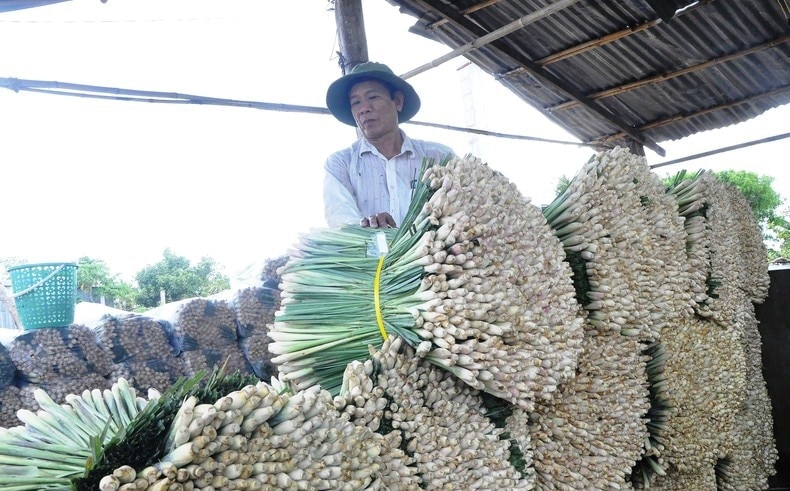 Lemongrass has helped many households in Tan Phu Dong district, Tien Giang province escape poverty and become rich. Photo: Nhan Dan[/caption]
Lemongrass has helped many households in Tan Phu Dong district, Tien Giang province escape poverty and become rich. Photo: Nhan Dan[/caption]In addition, to adapt to the harsh climate, Tan Phu Dong farmers proactively switched to growing soursop to adapt quickly. In particular, farmers grafted soursop onto custard apple rootstock because this tree can survive in drought or waterlogged conditions and is even resistant to saline intrusion and acid sulfate soil.
According to calculations by the Norwegian Union Organization, if a farmer has 3,000m2 of soursop and takes good care of it, the profit each year will be no less than 100 million. Growing and selling soursop contributes to creating jobs for the poor in this area.
The Norwegian Alliance has been working in Vietnam since 1996. Its main areas of intervention include Inclusive Education, Employment Creation and Climate Change Response. Its main projects are implemented in the Mekong Delta, one of the areas most affected by climate change in the world. In addition to increasing knowledge and awareness, the Norwegian Alliance will provide technical assistance and skills development so that people can diversify their income and adapt to new and stronger livelihood models. Access to loans from the Tien Giang Women’s Economic Development Fund (MOM) or through Village Savings and Credit Groups (VSLA) is an important tool to support this change, combined with strengthening people’s knowledge and capacity. |
Thanh Luan

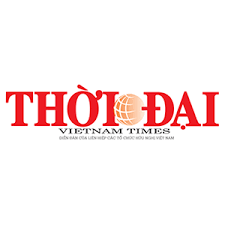








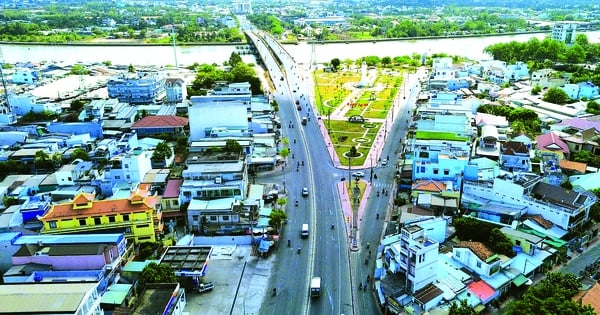

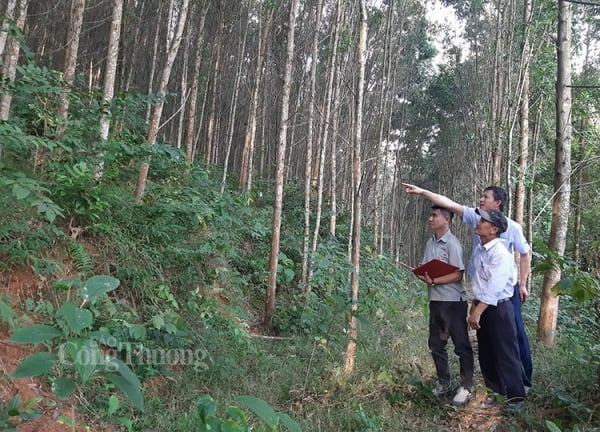

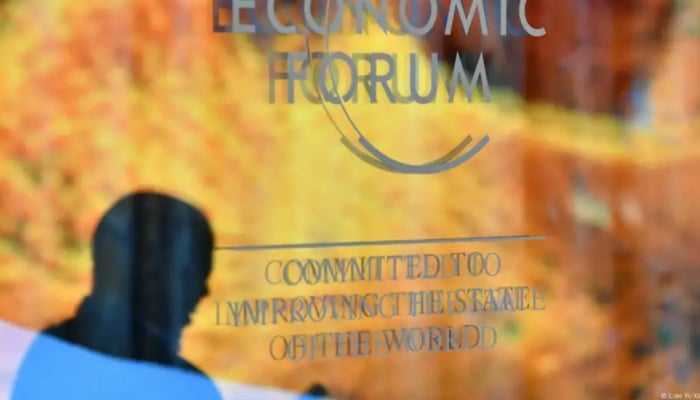



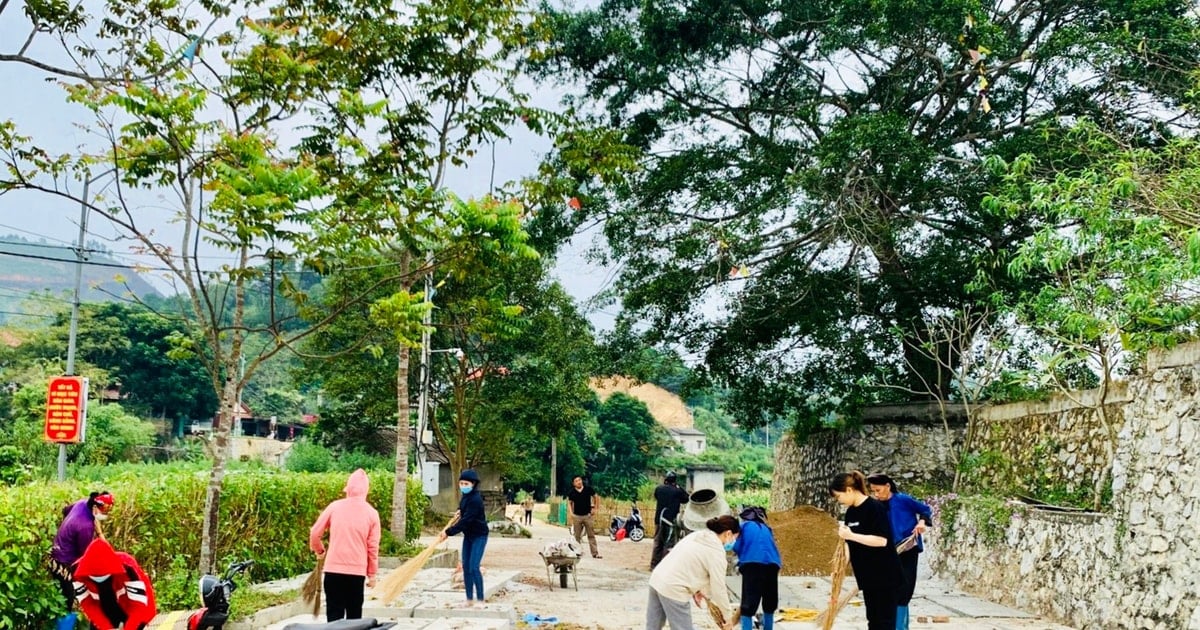

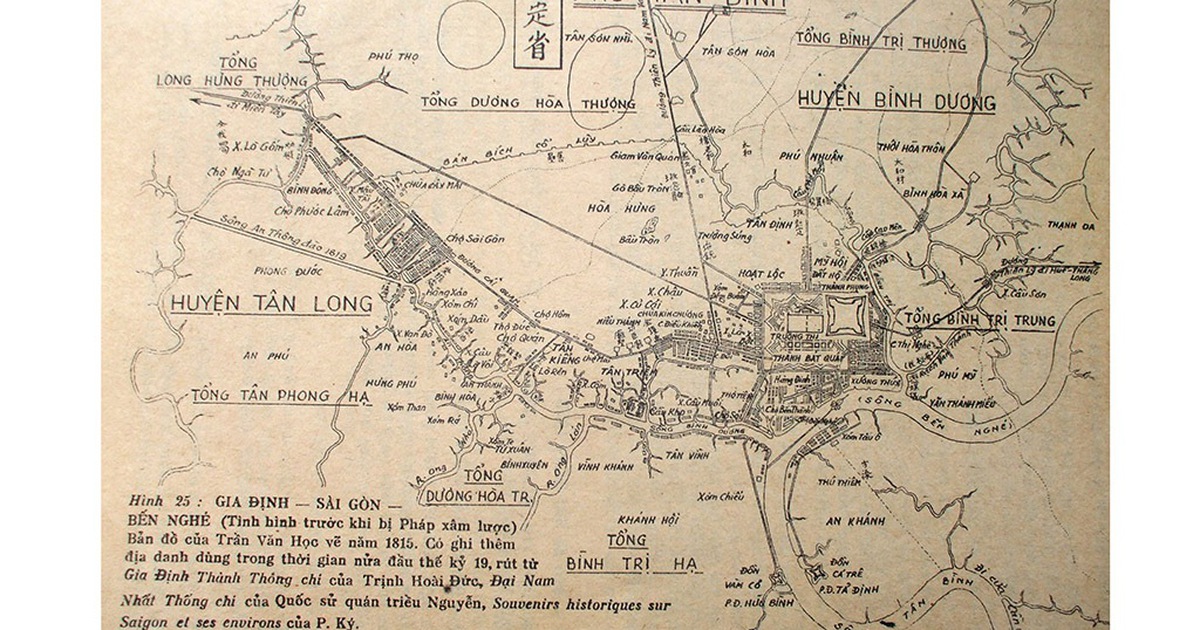


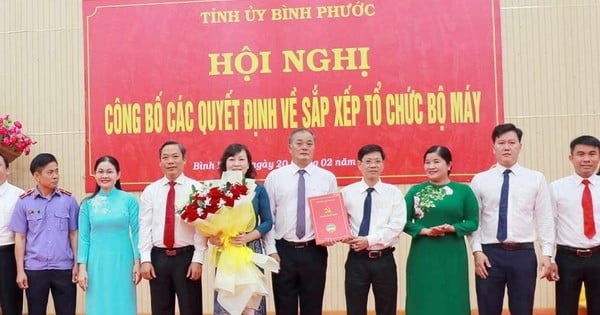


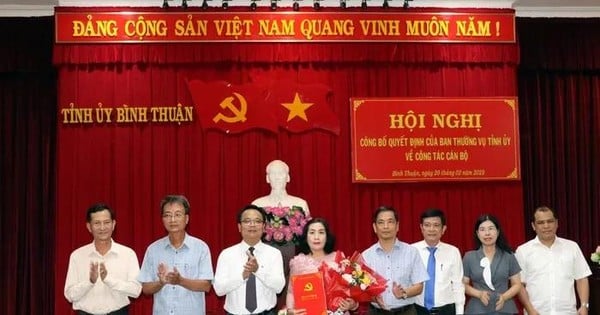
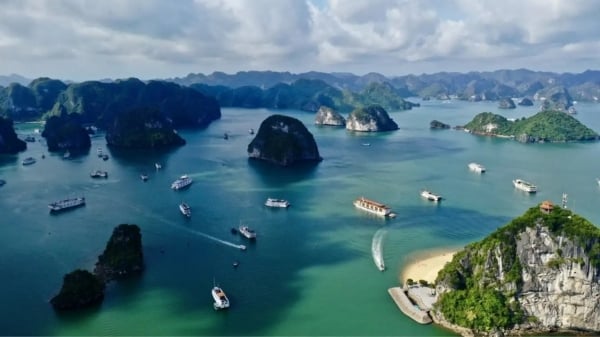
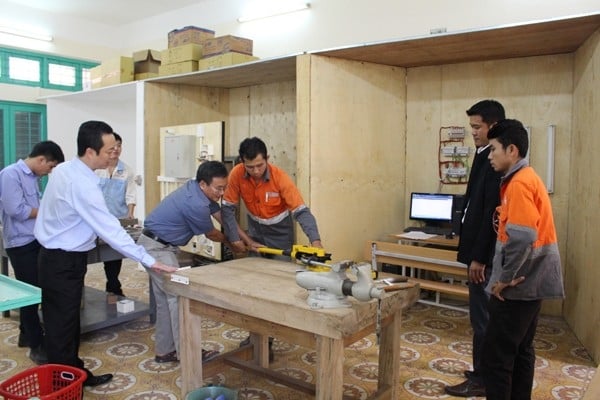
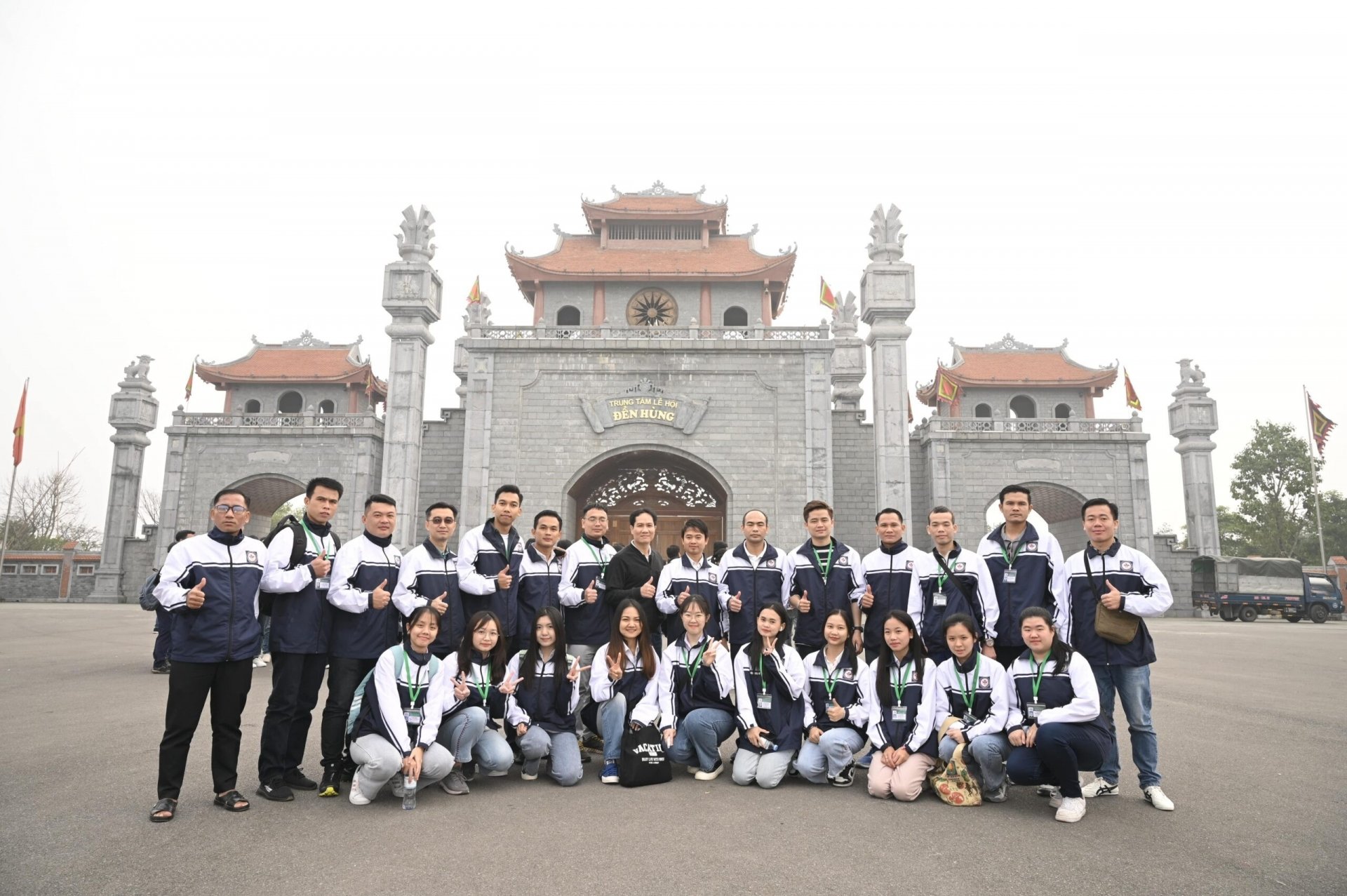
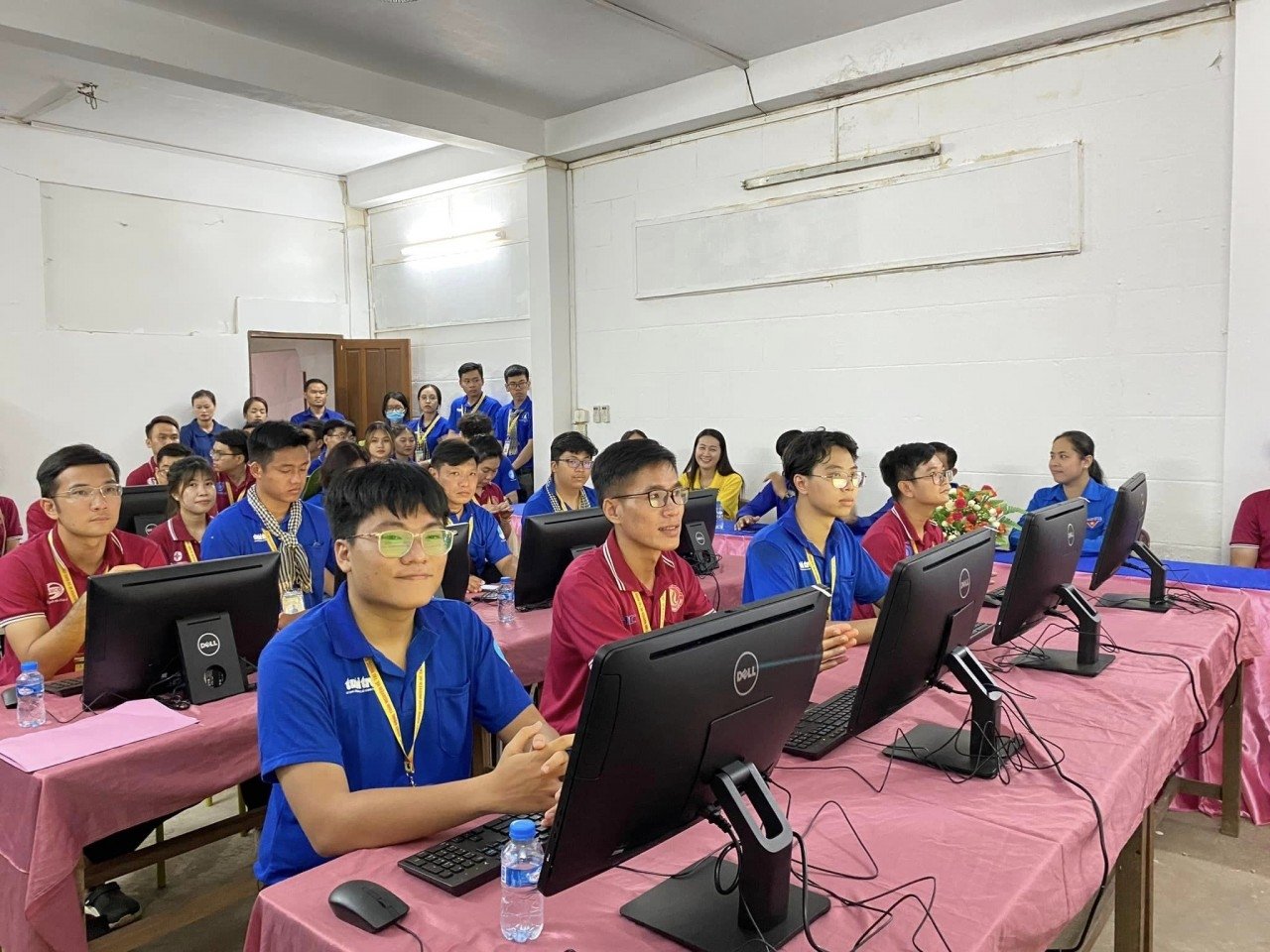
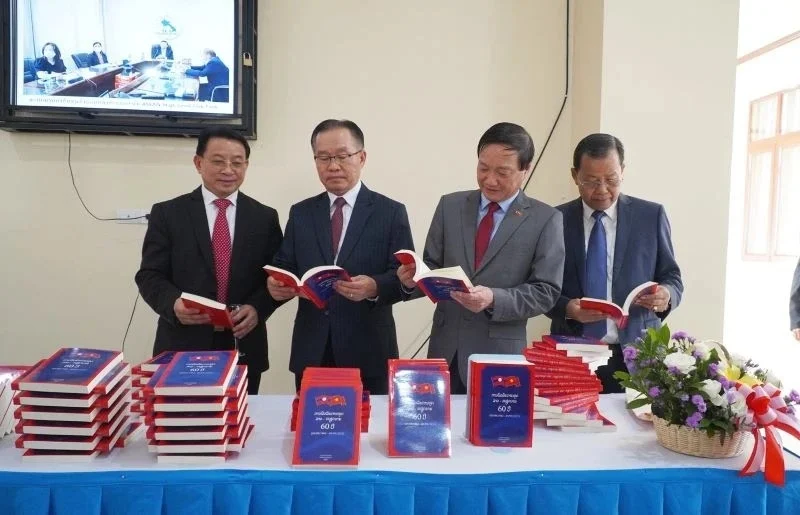
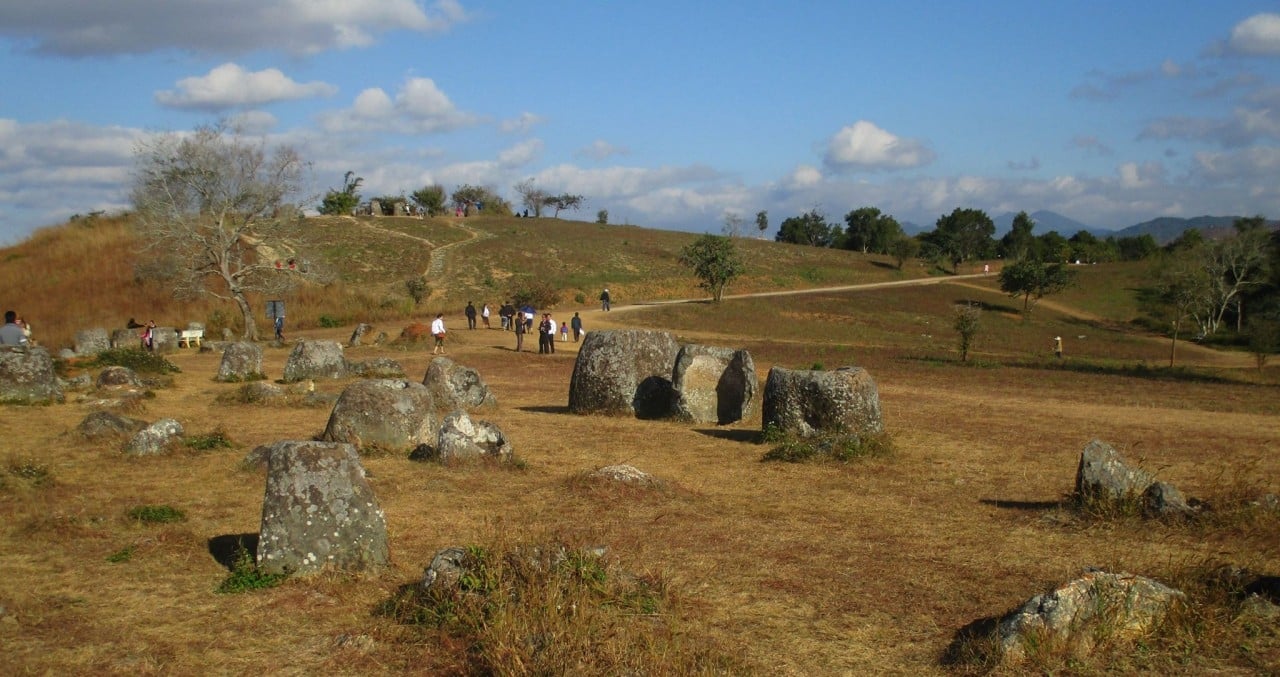
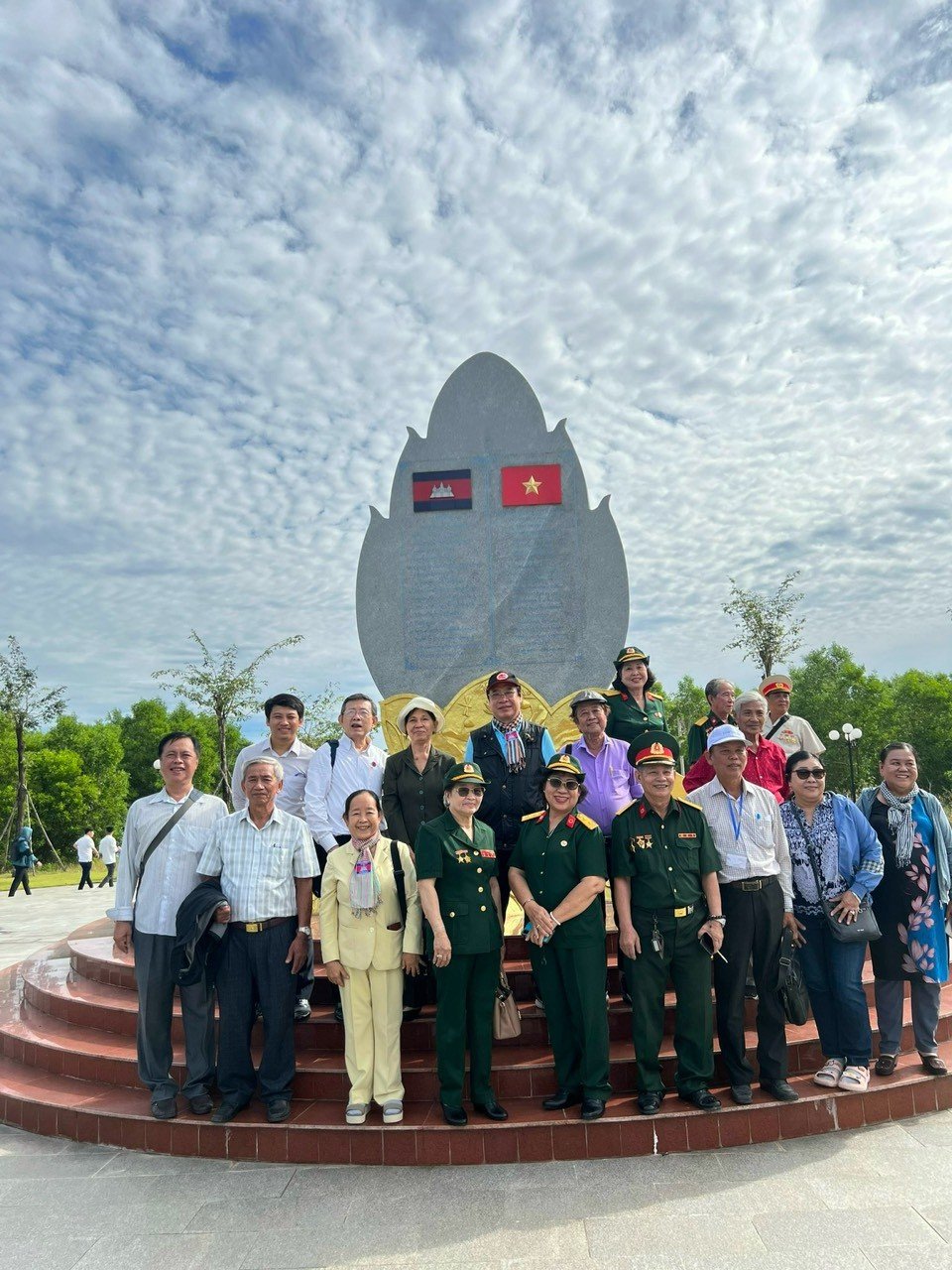
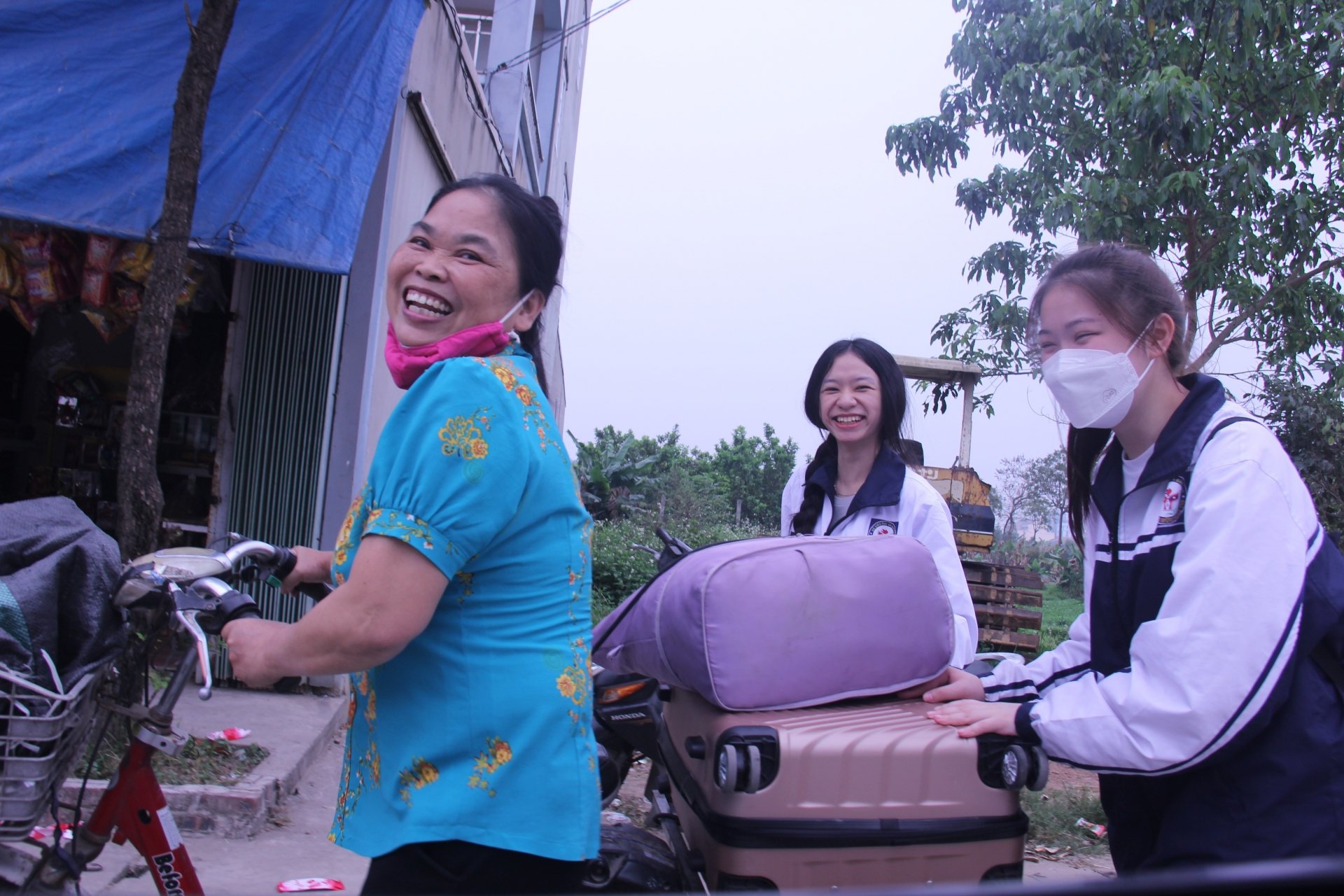

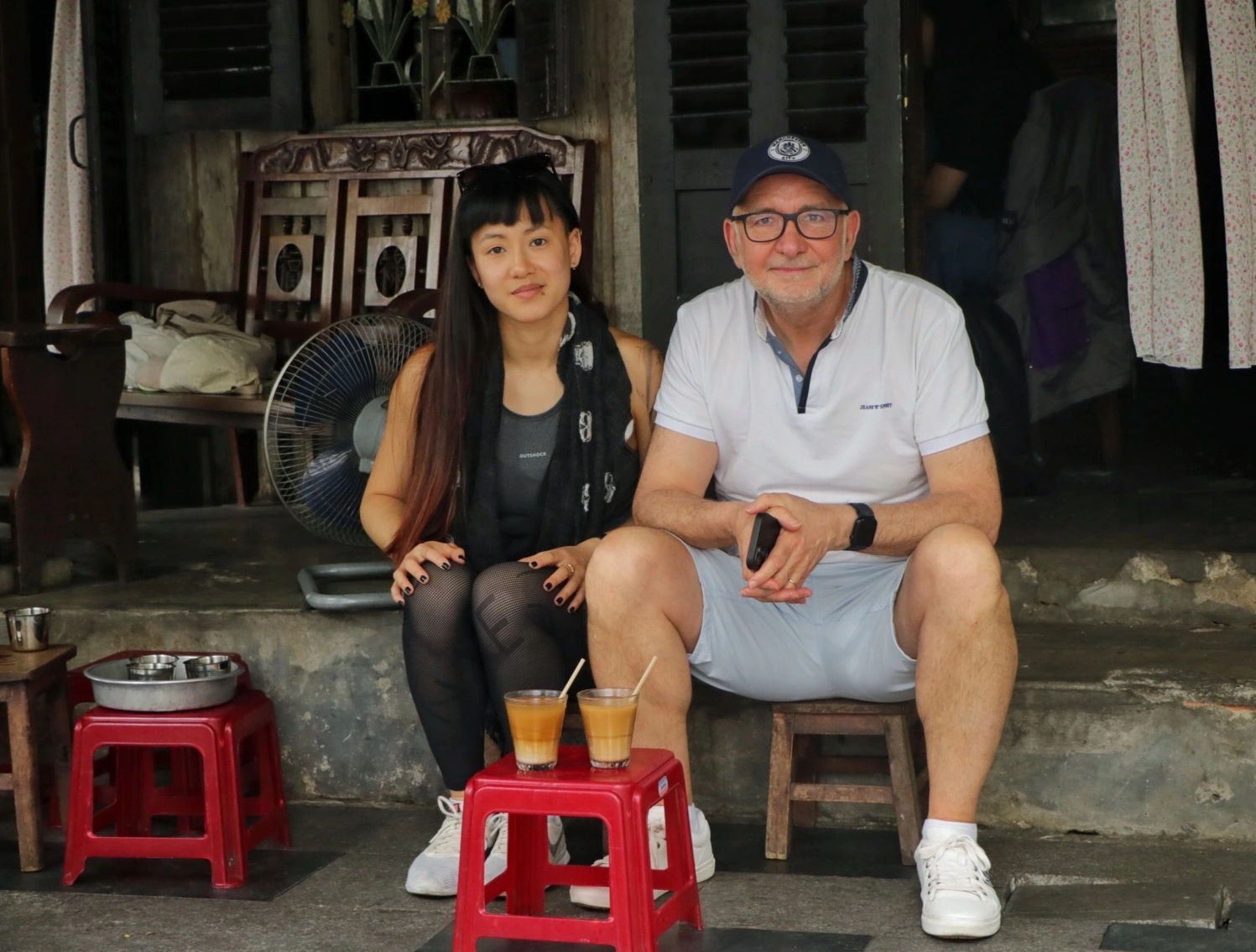
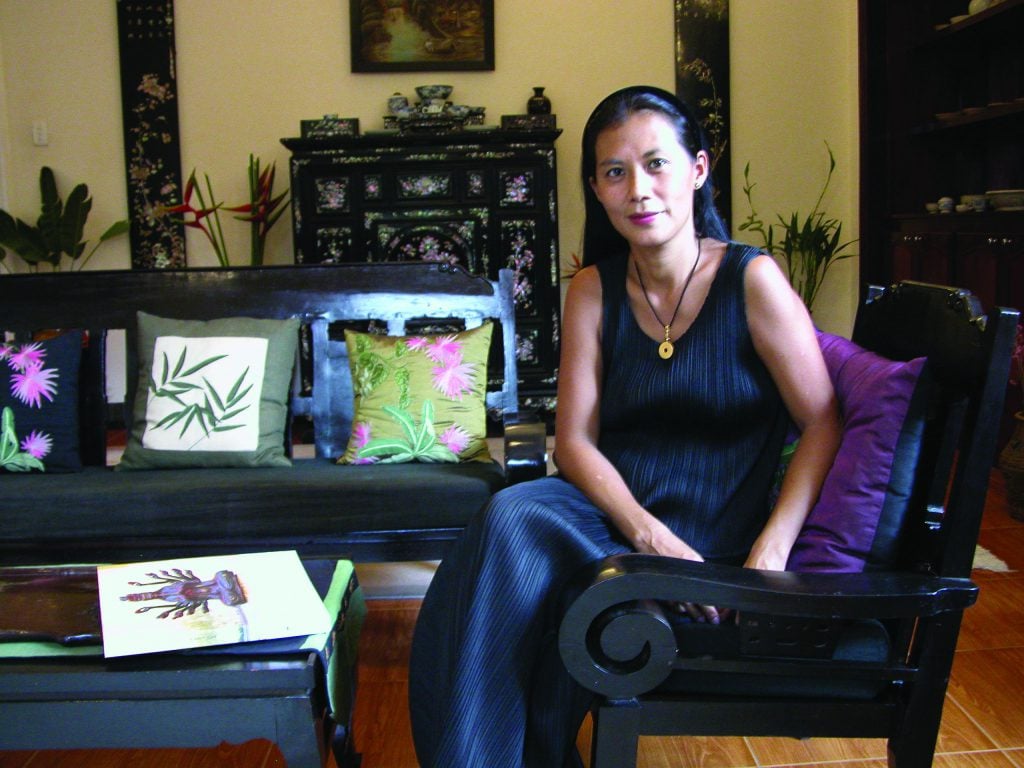


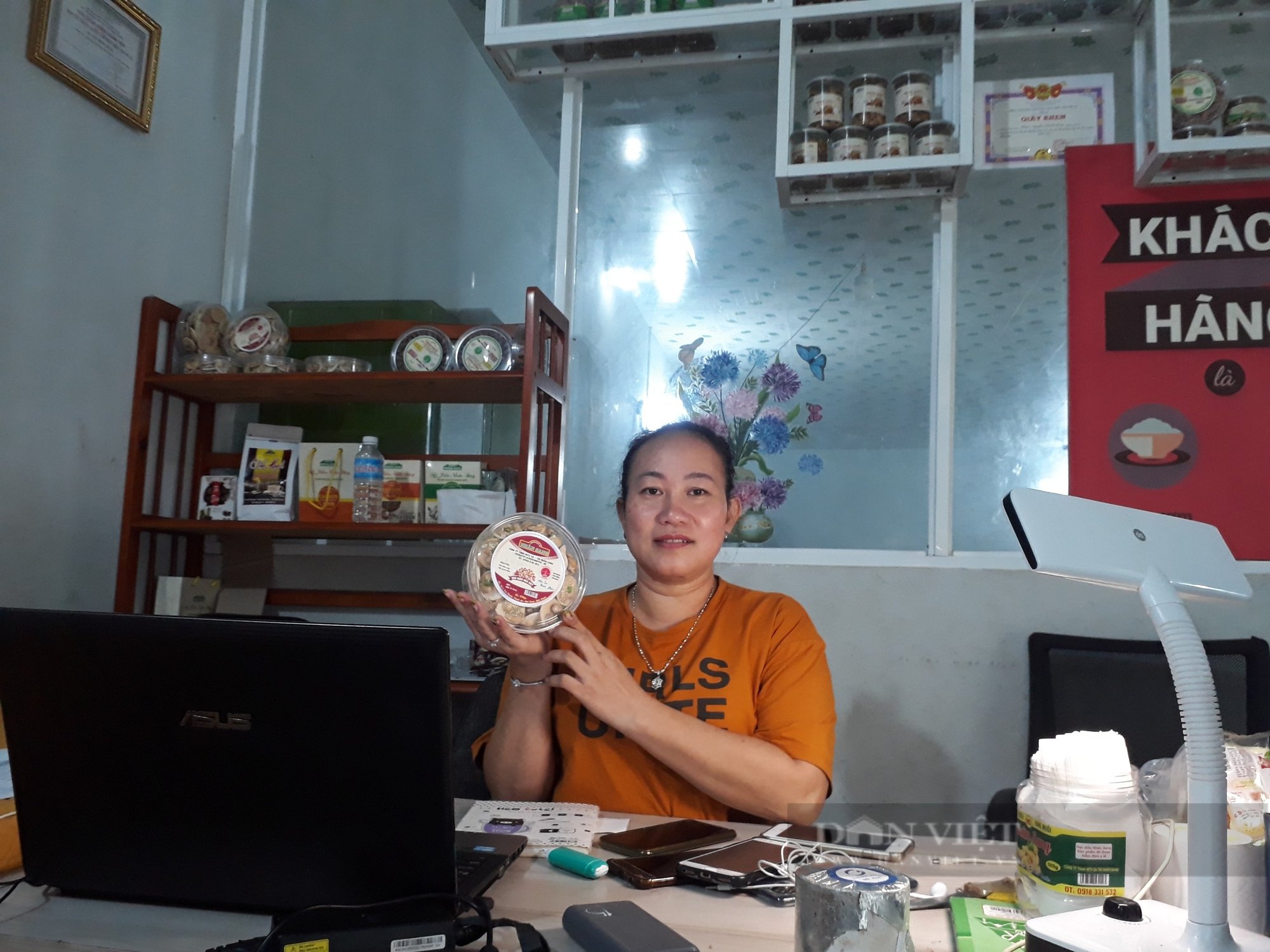

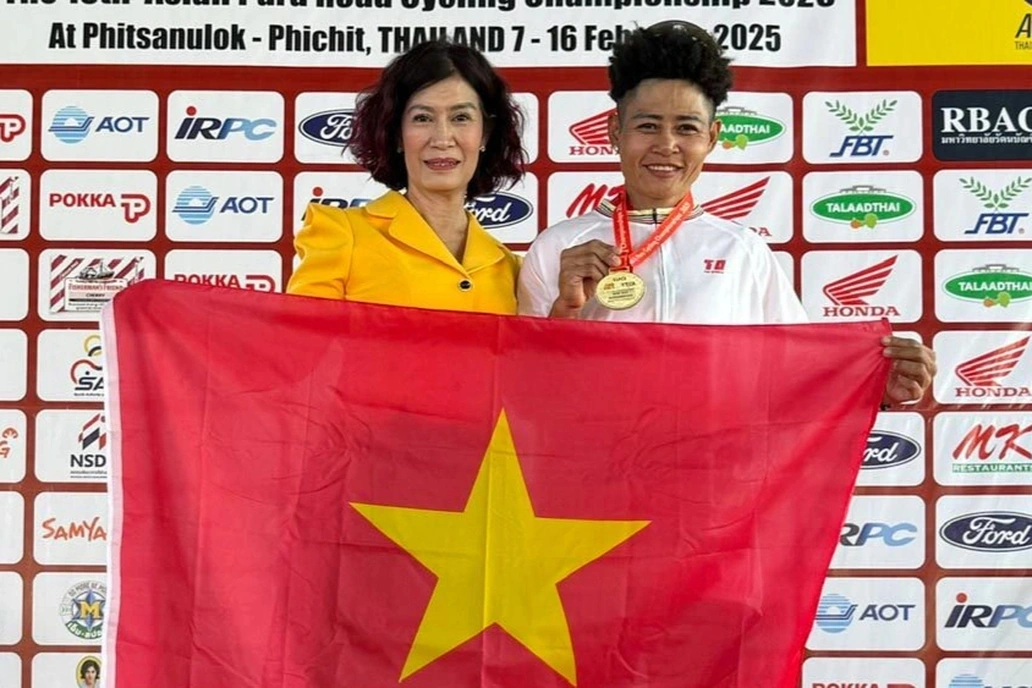

Comment (0)